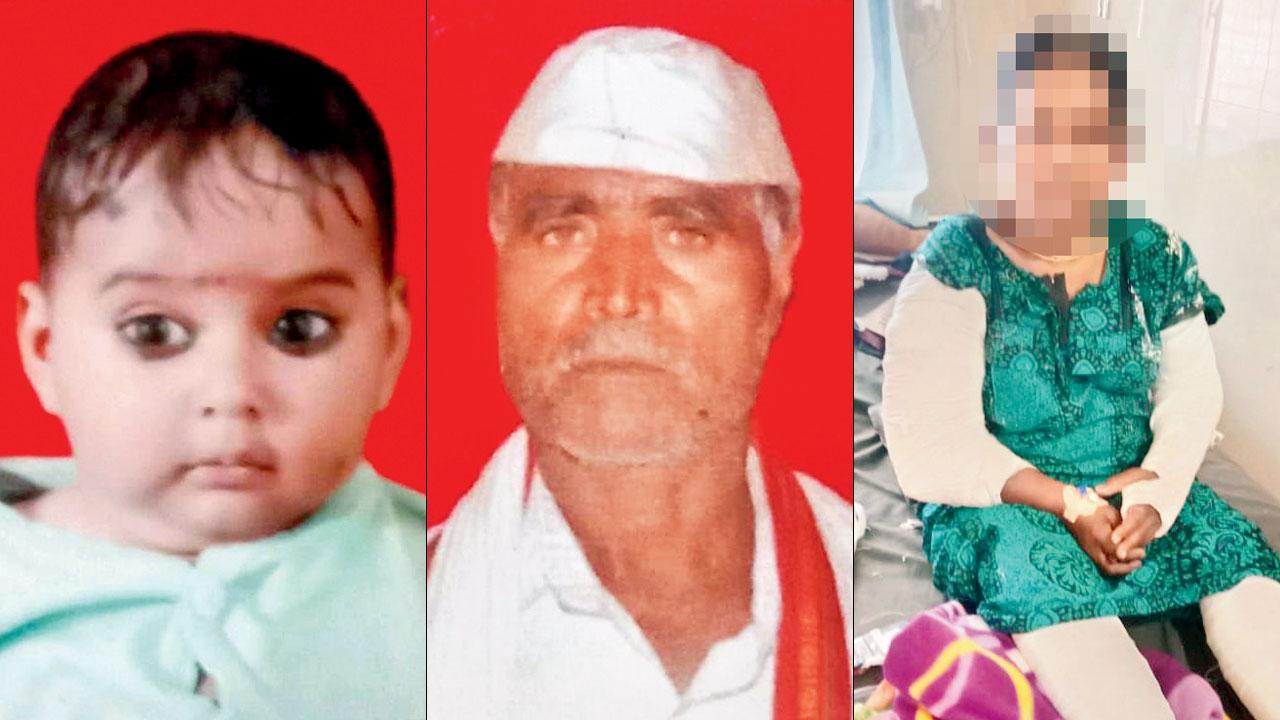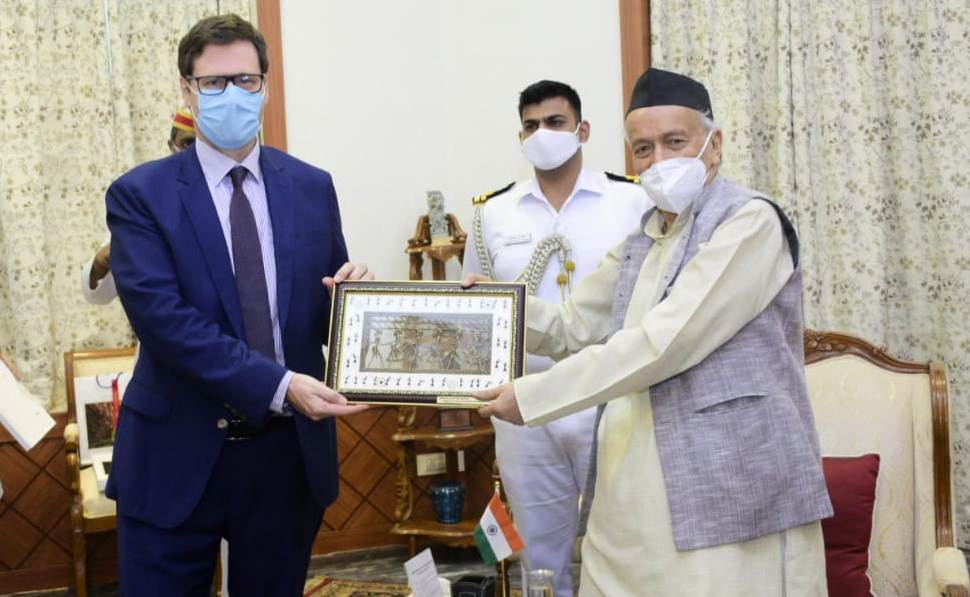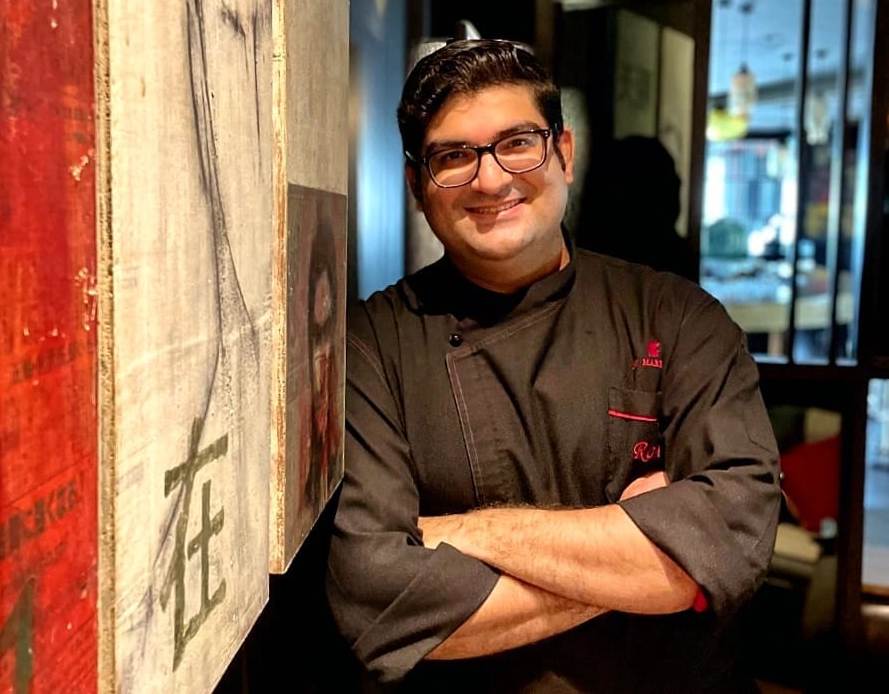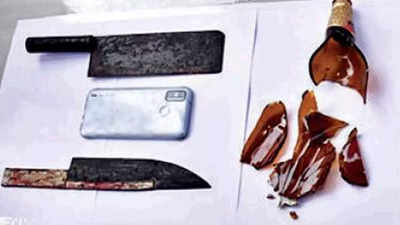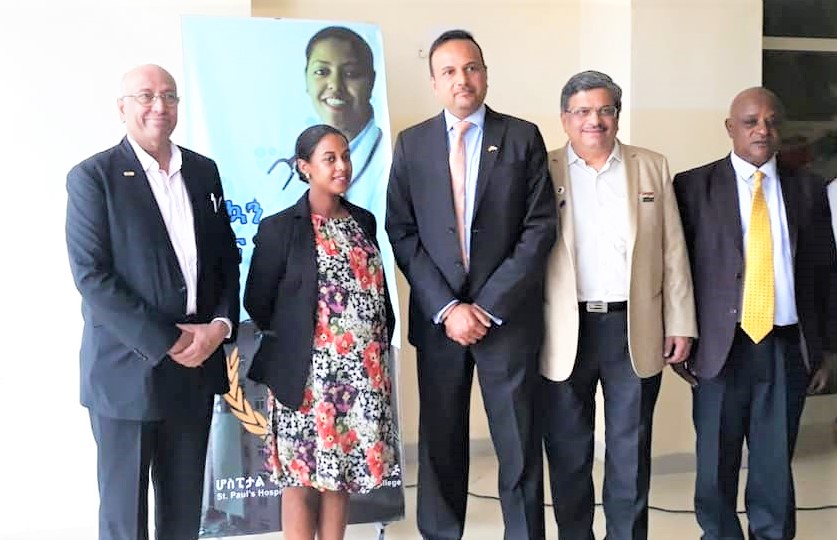A two-year-old boy and his grandfather, belonging to the Phase Pardhi tribe, were lynched by people belonging to an upper caste in Beed district in September. Nearly three dozen people armed with sticks and iron rods, attacked the house of the family at night, raped the women, and burned down a plastic shanty that was a part of the house. The lynching was allegedly the result of a dispute between the family and a villager over farmland.
The house was located outside the Parner village’s limits. The deceased toddler’s mother said he was on her lap when accused Subhash Sondage and his father, Bhaorao, started caning her. “I lost the grip on my son and he fell. My son was crying as Subhash continued to hit me. I managed to pick up and shield my son for a few seconds even as they hit me. My head started bleeding and when I tried to suppress it with both my hands, Subhash took my son and flung him with force and he fell and died,” the woman said. Later, Subhash raped her.
There were nine tribals inside a two-room concrete house and one plastic shanty when they were attacked. The toddler’s 65-year-old grandfather died of injuries the next morning, while his grandmother has suffered fractures. She is also the complainant in the case. The couple’s minor granddaughter was also raped during the lynching.
Turning life around
“This incident is a textbook example of how they are harassed,” said Shankar Jadhav, divisional president of Bahujan Vanchit Aghadi Marathwada. “Upper caste people harass the women, who are turned away by the police,” he added. State president of Dadaji Adivasi Phase Pardhi Samaj Sangathan, Matin Bhosale said, “I have been encouraging people to study. But police and society never assist us and we often become scapegoats when crimes like thefts and robberies take place,” Bhosale said.
“Landlords believe that if our literacy rates improve, there will be no one left to work on their lands,” Bhosale said. The literacy rate in the community, having a population of 12 lakh in the state, is hardly five per cent, he said. He added that 85 per cent of Phase Pardhis in the state are engaged in begging in cities and at railway stations. Bhosale and his team identify children involved in begging and educate them in their Amravati-based school. “The aim is to improve literacy rates. At present, 105 rescued children are studying at our school,” Bhosale said. The tribe has also moved away from hunting for sustenance and farms lands allotted by the government. “The land is in possession of the state. They sell the produce, including, cotton to earn a living.”
Presence in Mumbai
Mumbai Crime Branch officers said that no arrests of people from the tribe have been made in the past decade. “In Mumbai, in the past 15 years, crimes by Phase Pardhi tribals have reduced and most are educated and working in mainstream jobs. However, some people continue to be active. Earlier, they used to oil their bodies to avoid being caught and would burgle houses without any weapons,” said an officer.
The officer added, “Now the criminals still operating target jewellers. They still oil their bodies and use weapons like desi katta, knives, stones, sharp weapons. Other crimes include snatching and robbery.” The community’s involvement in crime had meant that many spent long jail terms for burglaries and murder. After getting released, they chose to earn a proper living and educate their kids. In Mumbai, very few Phase Pardhis are left and most of those committing crimes here are from Pune and Beed.

Surjitt Sahani

